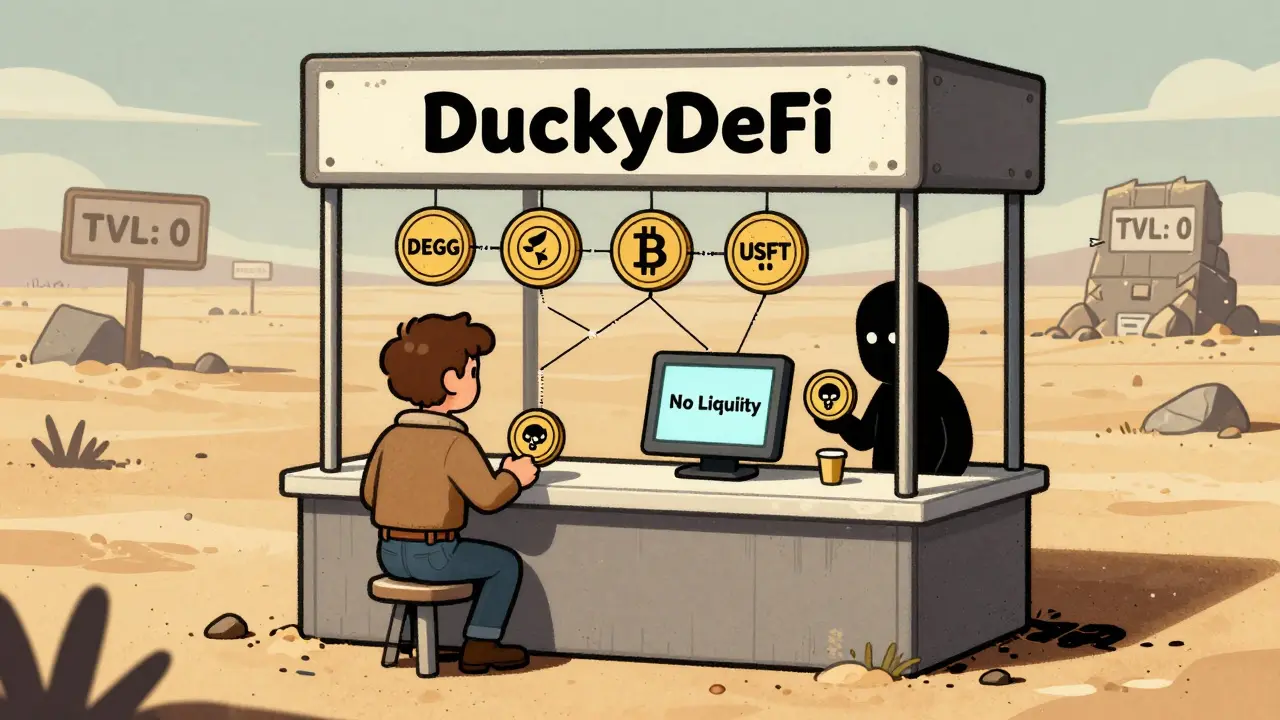DEX Review – Comprehensive Guides & Comparisons
When working with DEX review, a systematic assessment of decentralized exchange platforms that looks at security, fees, liquidity and user experience. Also known as decentralized exchange analysis, it helps traders decide where to swap tokens safely. A solid DEX review starts by measuring on‑chain liquidity, because deep pools lower price impact and slippage. It then checks smart‑contract audits, which protect funds from bugs. Finally, it evaluates UI design and community governance, because a friendly front‑end and active voting boost long‑term confidence.
Key players that shape the DEX landscape
One of the earliest benchmarks is Uniswap, an automated market maker on Ethereum that popularized permissionless token swaps. Its simple pool model influences how newer platforms design fee structures. SushiSwap, a community‑driven fork of Uniswap that adds reward incentives and a native governance token pushes the envelope on liquidity mining, showing that token incentives can drive deeper pools. Meshswap, a Polygon‑based DEX that focuses on low‑cost cross‑chain swaps and its own MESH token demonstrates how layer‑2 scaling reduces fees for everyday traders. Meanwhile, ApertureSwap, a privacy‑first DEX on the Manta network offering zero‑gas swaps and AI‑driven trade intents shows the next wave of user‑centric features.
These platforms illustrate three semantic triples that guide any DEX review: DEX review encompasses liquidity analysis, effective DEX review requires smart‑contract audit verification, and Uniswap influences fee models across the decentralized exchange ecosystem. By linking token economics, security audits and user experience, a reviewer can rank platforms on objective data rather than hype.
Beyond the headline names, other factors matter. Trade‑execution speed depends on the underlying blockchain’s consensus; for example, Polygon’s proof‑of‑stake design lets Meshswap settle in seconds, while Ethereum’s gas market can cause delays during peak demand. Governance token design also matters: a token that grants voting rights and fee sharing, like MESH or SUSHI, adds a layer of financial incentive for users to stay active. Security‑focused DEXes such as ApertureSwap add privacy layers, which attract users who value anonymity alongside low fees.
Our collection below reflects this multi‑dimensional approach. You’ll find deep dives on how each platform handles liquidity, fee structures, token incentives and security audits. Whether you’re a casual trader looking for cheap swaps, a developer scouting API integrations, or a DeFi enthusiast wanting to vote on protocol upgrades, the articles give you the concrete data you need to compare and choose.
Ready to see how each exchange stacks up? Browse the reviews below to get practical takeaways, performance tables and step‑by‑step guides that turn raw data into actionable decisions.


